Clinical diagnostics / treatment and procedures for adults and children
Diagnostics
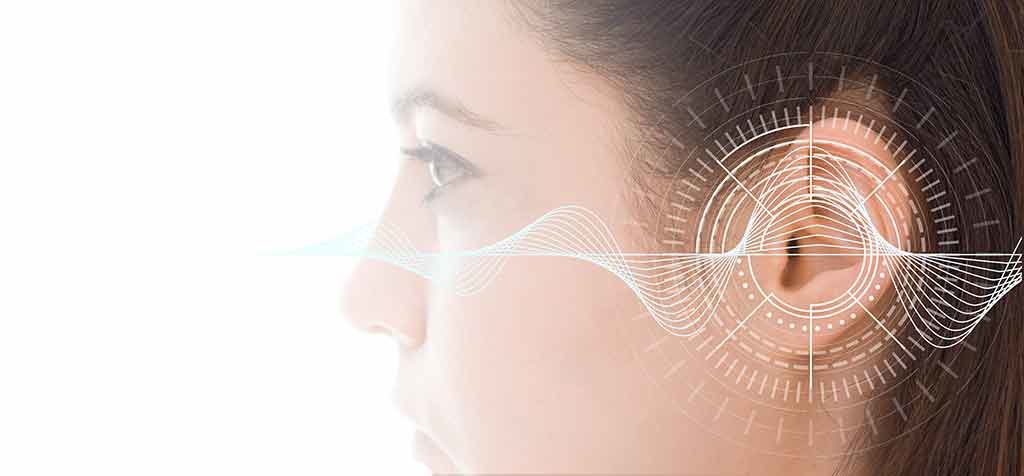
Clinical diagnostics for adults
We perform hearing tests such as pure tone and speech audiometry, brain stem evoked response audiometry (BERA/ABR), otoacoustic emissions (OAE), tympanometry.
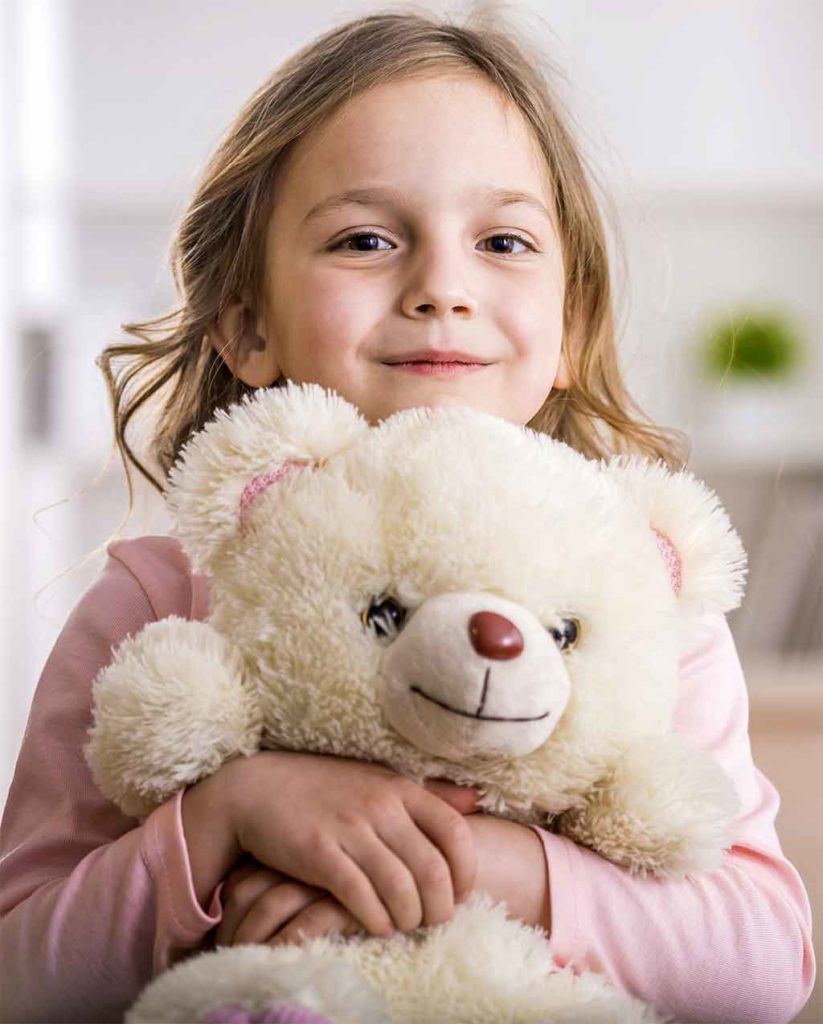
Clinical diagnostics for children
We perform hearing tests for children of all ages, including infant hearing screening. We perform age appropriate tests in order to assess speech development and hearing ability.
In close cooperation with pediatricians we analyze impairments of speech development and myofuncional dysfunctions.
For children in preschool/school age we provide specific auditory hearing tests to detect central auditory perception deficits (auditory speech processing and sound analysis).
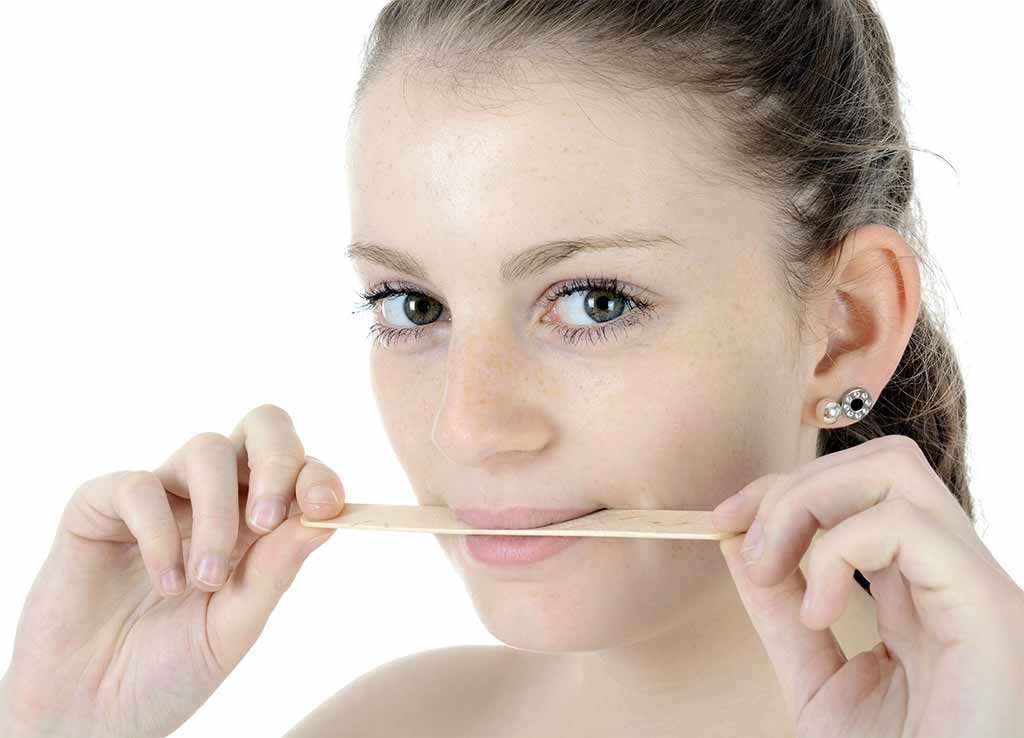
Voice and speech disorders
Endoscopic examination of the larynx and video analysis of vocal cord function
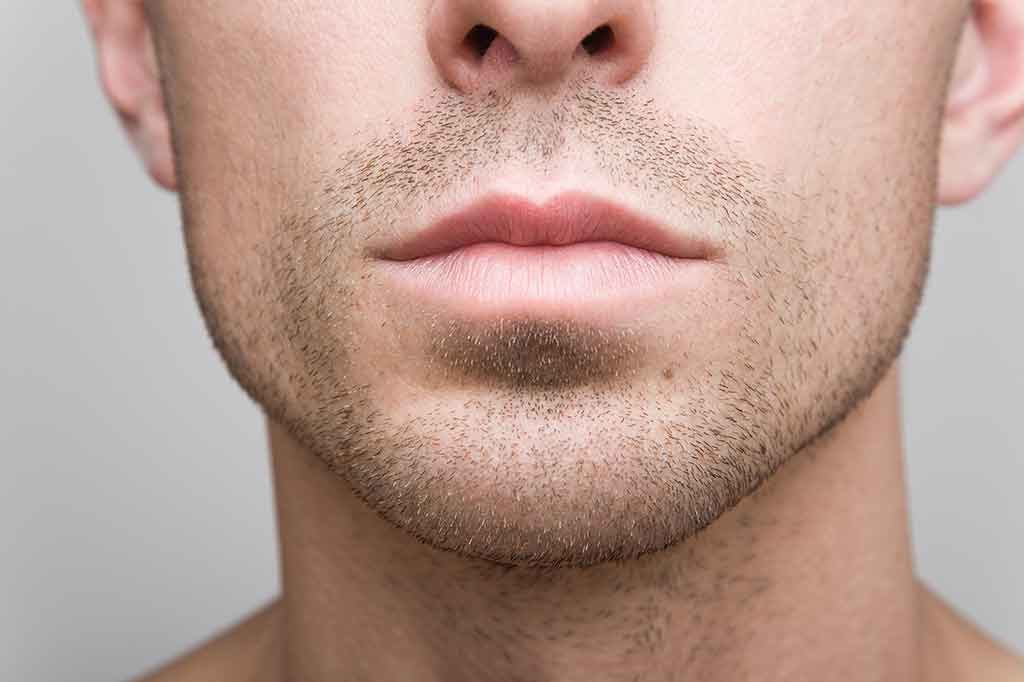
Video stroboscopy
We perform voice assessments for professional vocalists/speakers and students
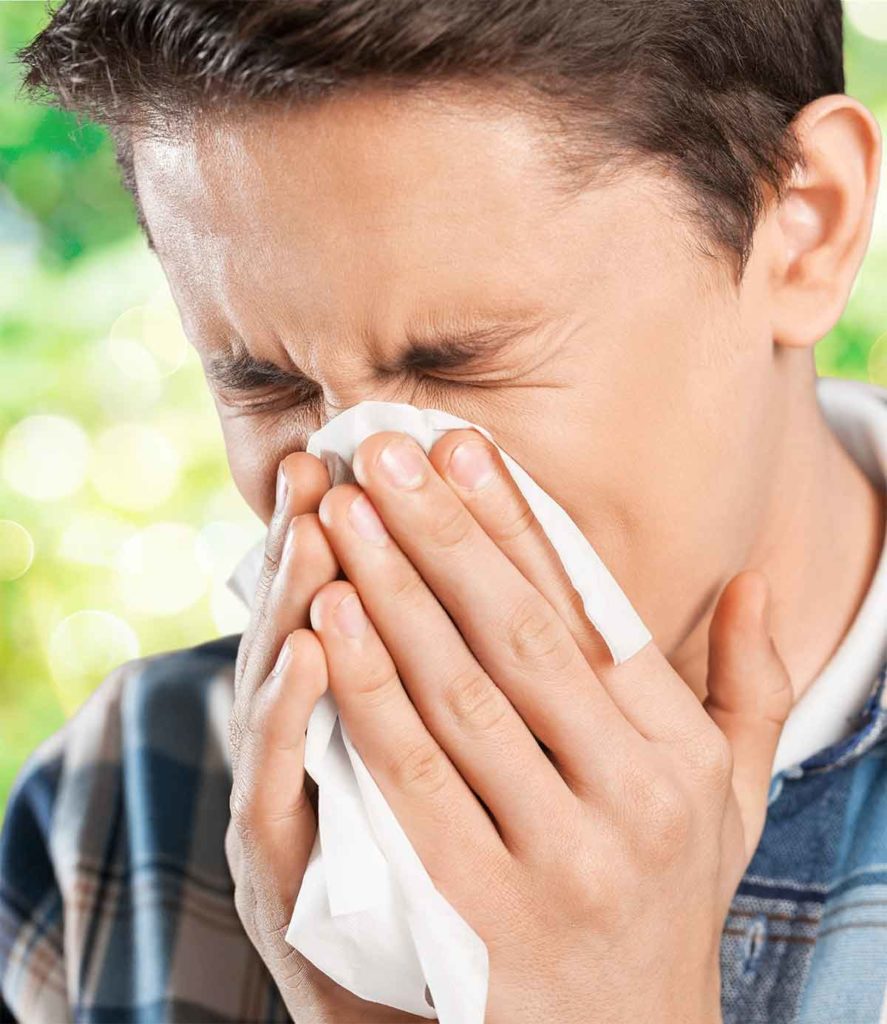
Allergy diagnostics
Allergy tests (skin prick test and blood tests).
Specific immune therapy (short and long term) against allergies-
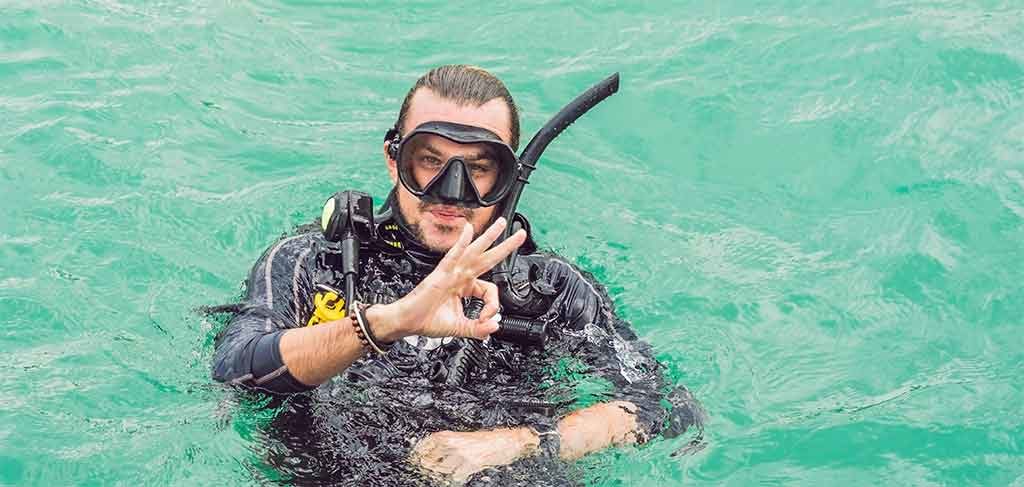
Diving suitability
We also examine hobby divers (ENT-dive certificate)
Expert opinion
We prepare both private and trade association expert reports on noise damage, accident consequences and retirement. The employer’s liability insurance association preventive examination “noise” is also carried out in our practice.
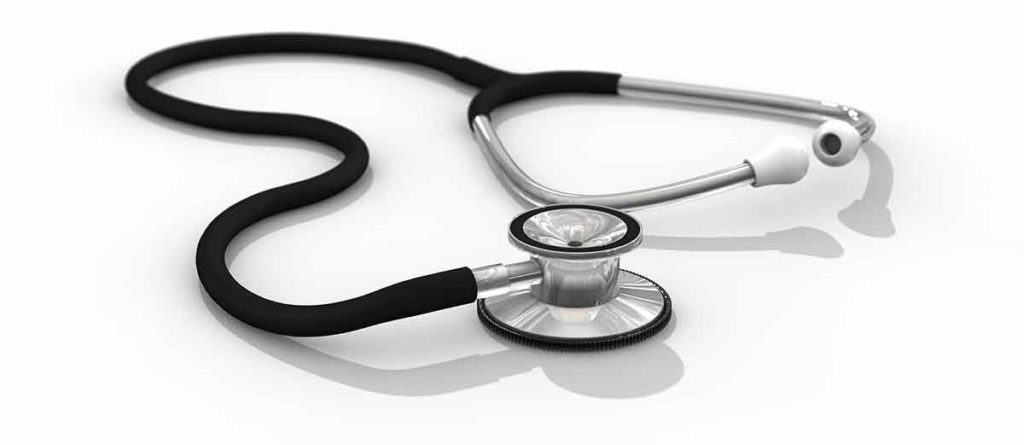
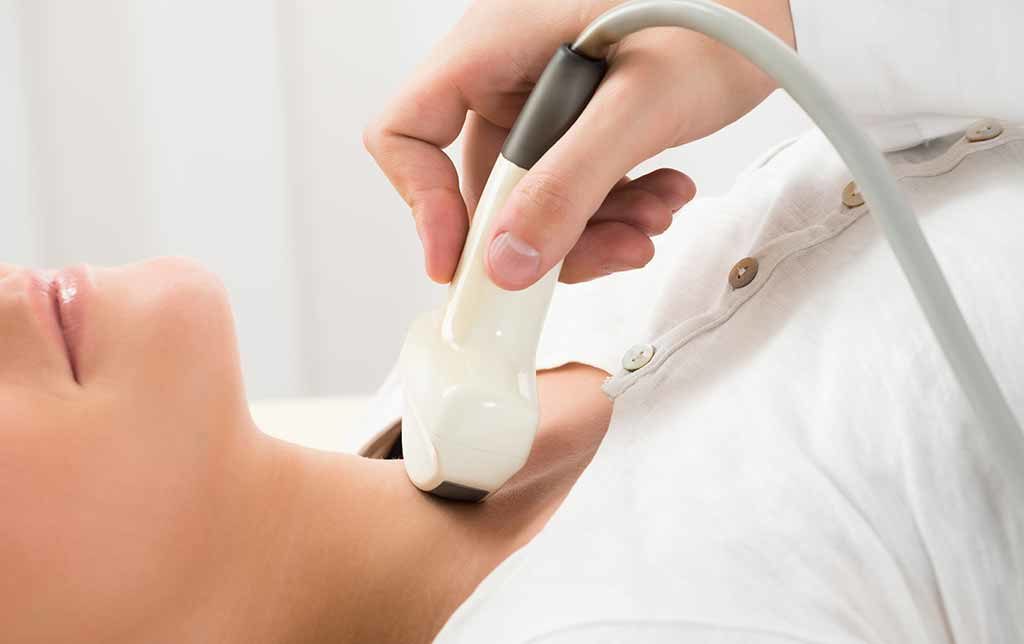
Ultrasound scan
Ultrasound scan of the paranasal sinuses (A/B-Mode), thyroid and lymph nodes
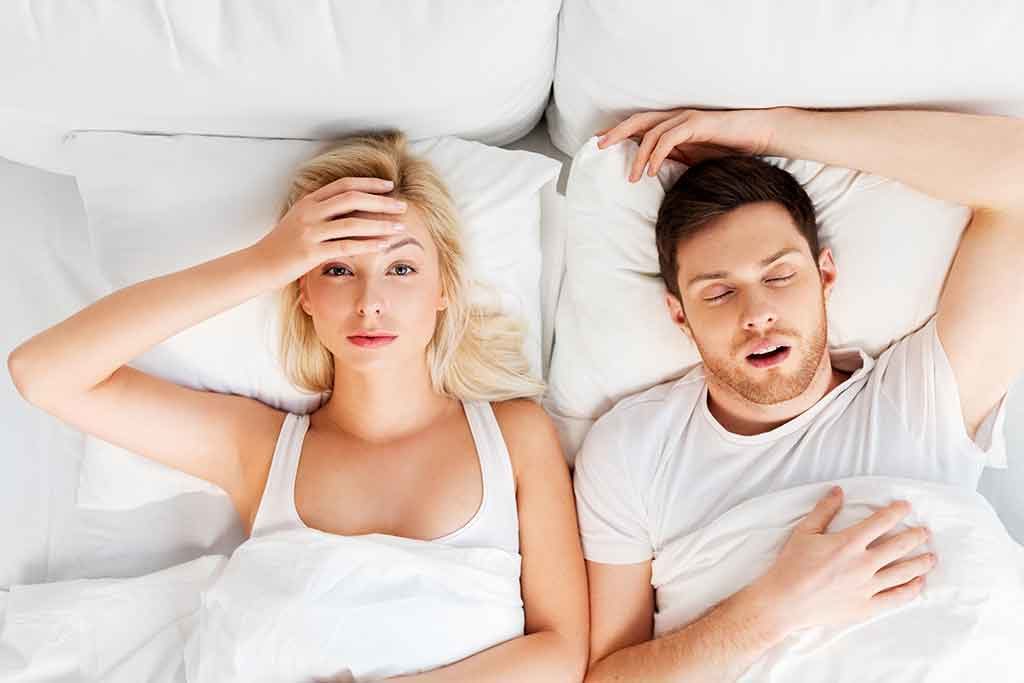
Diagnostic of snoring /sleep apnea
In order to diagnose the area in the upper airway system – where snoring is initiated – we perform an endoscopic examination and assess the nasal airflow (rhinomanometry).
To evaluate the risk of sleep apnea we provide an at-home sleep study device. In cases where further diagnostic is required, we refer you to a hospital sleep center.
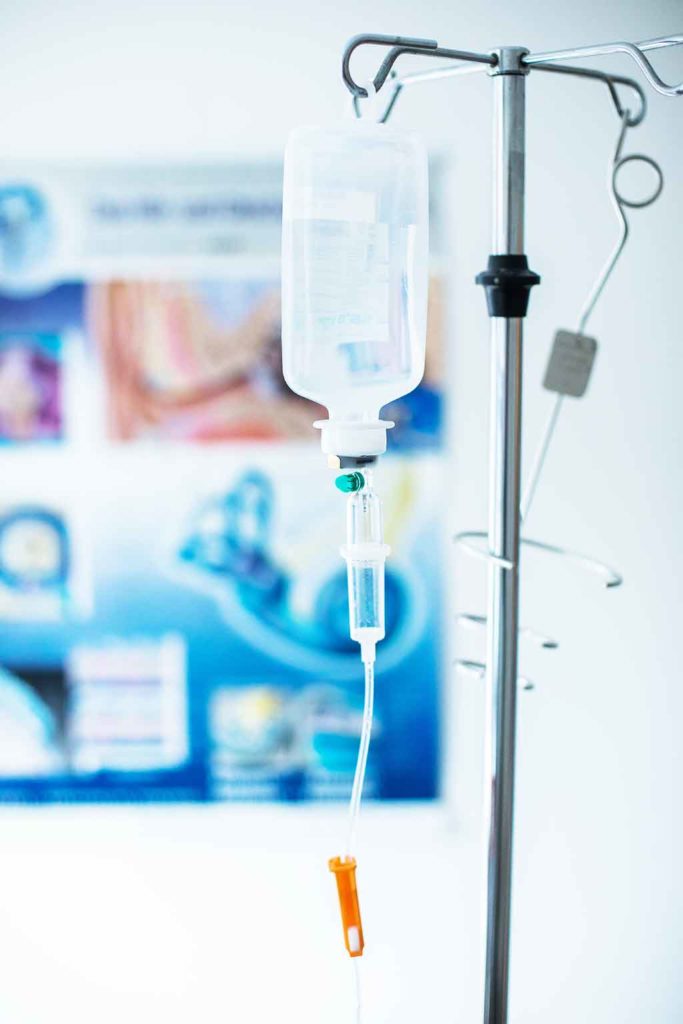
Outpatient procedures for adults
Here you can find further information about surgical procedures; e.g.: laser conchotomy/ turbinotomy (nasal obstruction), microsurgery/phonosurgery of the vocal cords (e.g.: cysts, polyps).
(General) anesthesia – before, during and after surgery:
On the day of the surgery it is important that your child do not drink or eat anything for the 6 hours prior to the surgery.
Our meeting point will be at the OP-Zentrum Westend Medical Center, Grueneburgweg 16-18, Frankfurt am Main. Tel.: 069-90558901, www.OP-Frankfurt.de
After discussing with the anesthesiologist, the procedure begins with the administration of general anesthesia with an intravenous anesthesia, followed by intubation anesthesia with a laryngeal mask (or endotracheal tube). At this point you will experience a state similar to deep sleep while being completely free of pain. All important body functions will be monitored.
During the recovery phase you may experience feelings of drowsiness or restlessness. This is very normal in such situations and lasts for a very short period of time; therefore it is no cause for concern. If you have an outpatient procedure, it is advised to ask a relative or a friend to pick you up.
Upon returning home after the surgery you may start drinking water or tea and may eat soft food (including ice cream!).
Post-surgical bleeding, coughing or difficulty swallowing may occur. If this persists after administering the prescribed medication, please call the ENT surgeon immediately (telephone number will be told before the procedure) or go the nearest available hospital.
A quick shower is possible the next day, yet physical exertion/sport should be avoided for the next 2-5 days.
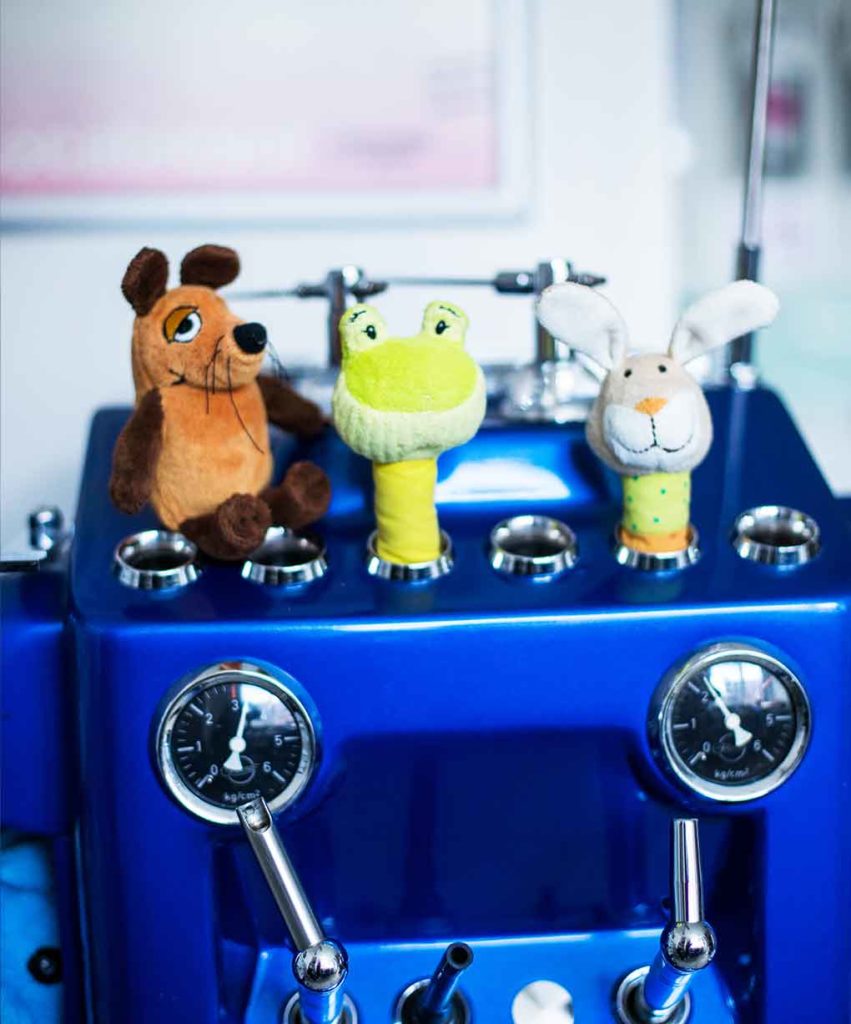
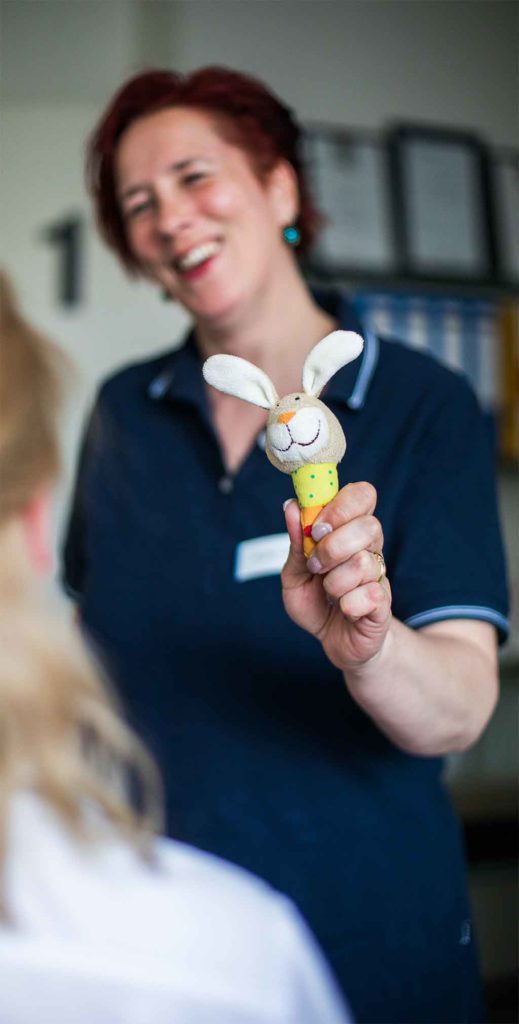
Out-patient procedures/operations for children
Here you can find further information regarding surgical procedures.
Adenoidectomy, laser tonsillotomy, incisions of the ear drum (myringotomy), drainage of the middle ear (insertion of ventilation tubes in the middle ear).
(General) anesthesia – before, during and after surgery:
On the day of the surgery your child it is important that the child does not drink or eat anything for the 6 hours prior to the surgery.
Our meeting point will be at the OP-Zentrum Westend Medical Center, Grueneburgweg 16-18, Frankfurt am Main. Tel.: 069-90558901, www.OP-Frankfurt.de
After a sedative liquid is administered to the child, the skin area where the IV injection will be administered as a next step will be anaesthetized with a cream. At this point, the child will start experiencing feelings of drowsiness; yet due to this it will not remember the beginning of the anesthesia. Throughout this process it is permitted for one relative to stay with the child until it is accompanied to the operation theatre by the anesthesiologist.
Usually an intravenous anesthesia and intubation anesthesia with a laryngeal mask (or endotracheal tube) are combined. Your child will be in a state resembling that of deep sleep, while being completely free of any pain. Throughout this process, all important body functions will be monitored.
During the recovery phase the child may have a feeling of drowsiness or restlessness. This is very normal in such situations and lasts for a very short period of time; therefore it is no cause for concern.
Post-surgical bleeding may occur. In such a case please administer decongestant nose spray, yet if the bleeding persists please call the ENT surgeon immediately (a telephone number will be provided before the procedure) or go the nearest available hospital.
After the incision of the eardrum (with or without tubes) there may be post-surgical (bloody) discharge of the ear canal. This is usual and insignificant, therefore should not raise concerns.
After the surgery once you have returned home, your child may start drinking water or tea, and may eat soft food (including ice cream!). Your child may experience feelings of nausea or even vomiting. If the vomiting does not stop after 4.00 PM, please contact the ENT surgeon.
A quick shower is possible the next day, yet physical exertion/sport should be avoided for the next 2-5 days. During this period of time please make sure that your child is always supervised by an adult.
Please ensure that no water enters the ear, especially while washing the head/hair. The myringotomy requires 3-7 days to fully heal.
After placement of ventilation tubes, the ear must be protected from water during the entire duration of the next 4-6 months, by using e.g. Putty buddies® Ear Plugs or Ohropax® Badewatte
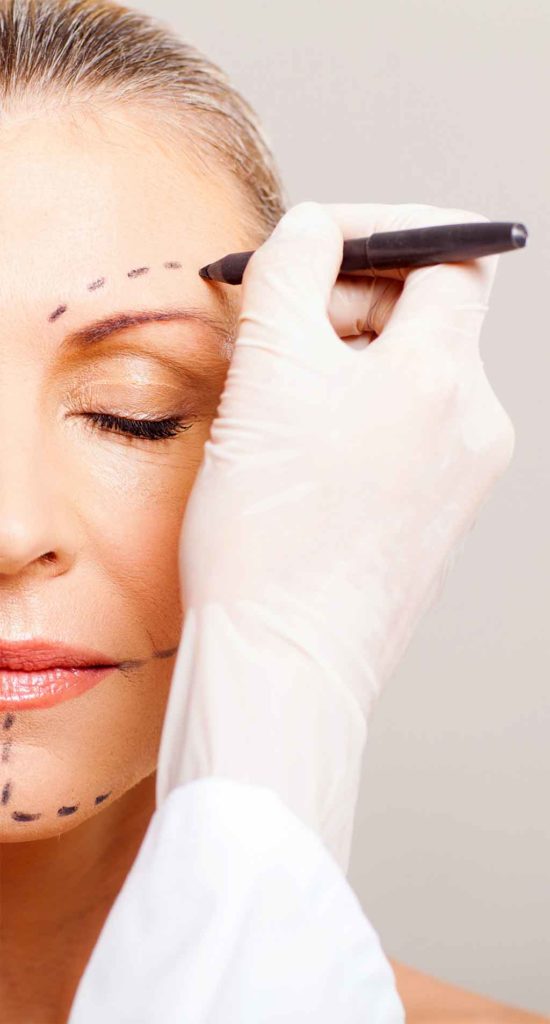
Aesthetic medicine
Botulinumtoxin („Botox“)
Zur Glättung stark ausgeprägter mimischer Falten benutzen wir Botox. Die Behandlung mit Botulinumtoxin führt zu einer Verjüngung des Gesichtsausdrucks und gibt ihm ein entspanntes, ruhiges und ausgeruhtes Aussehen.
Hyaluronsäure („Filler“)
Zur Korrektur von Volumendefiziten und Remodellierung der Gesichtskontur, bieten wir die Behandlung mit „Fillern“ (Hyaluronsäure) an. Hierzu wird ein flüssiges Implantat, mit Hilfe einer sehr feinen Nadel, in das Gewebe eingebracht. Dadurch können zu Falten führende Furchen der Haut ausgeglichen und mit langfristig wirksamen Produkten das Gesicht remodelliert werden.
Lipolyse
Bei der “Fett-weg-Spritze“ wird das Naturpräparat Phosphatidylcholin (PPC) verwendet, das aus der Sojabohne gewonnen wird. Zur Fett-Aufspaltung wird PPC direkt in unerwünschte Fettpolster in den oberen Teil der Fettschicht eingespritzt. Fettzellen platzen auf, schmelzen ab und werden und vom Lymphsystem zur Verarbeitung abtransportiert.
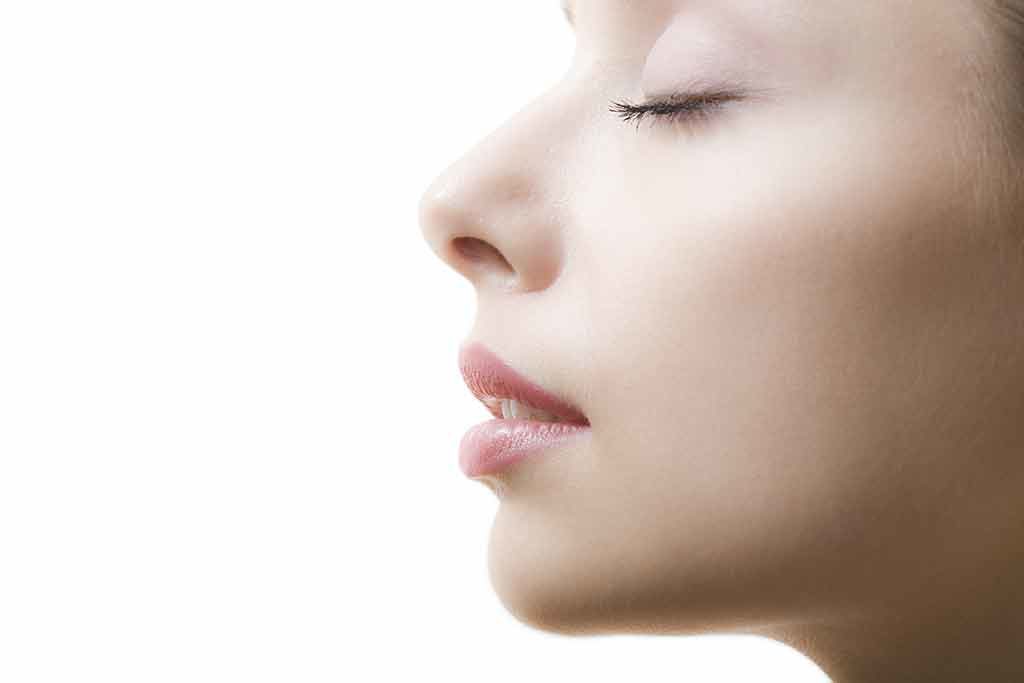
Diode laser
Advanced techniques such as diode laser allow us to perform outpatient procedures such as the reduction of inferior turbinates of the nose or stopping nose bleeding with local anesthesia, as well as partial removal of the tonsils (tonsillotomy) in children with the use of general anesthesia.
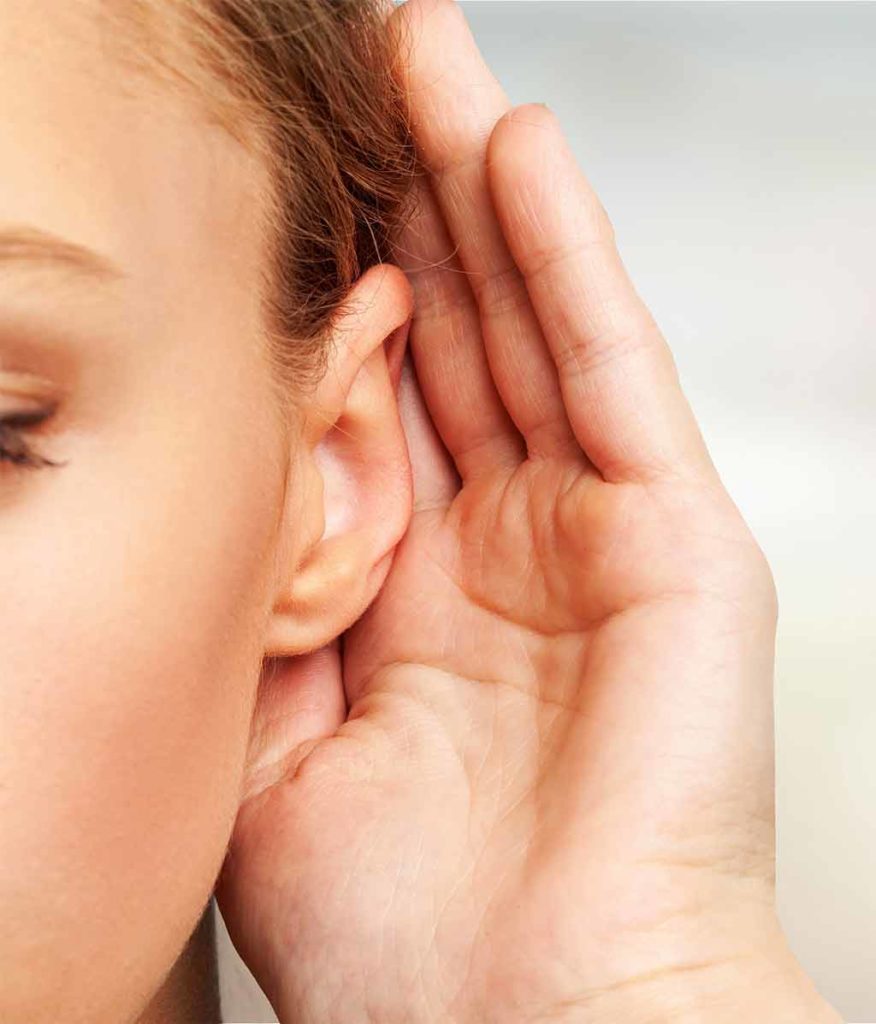
Additional treatments
- acupuncture
- herbal medicine
- pulmonary function test
- rapid test : streptococcal infection

